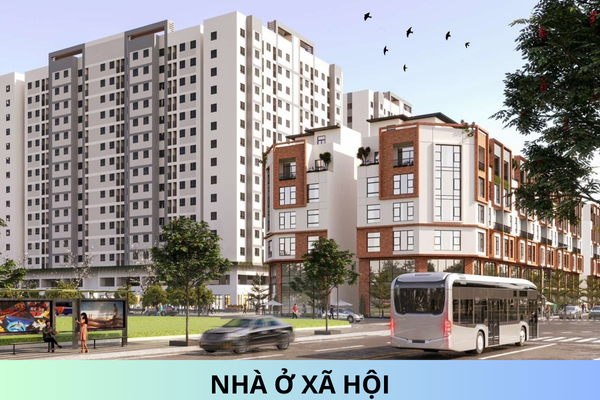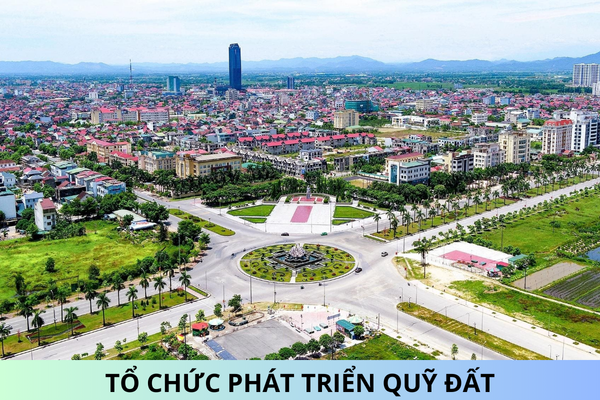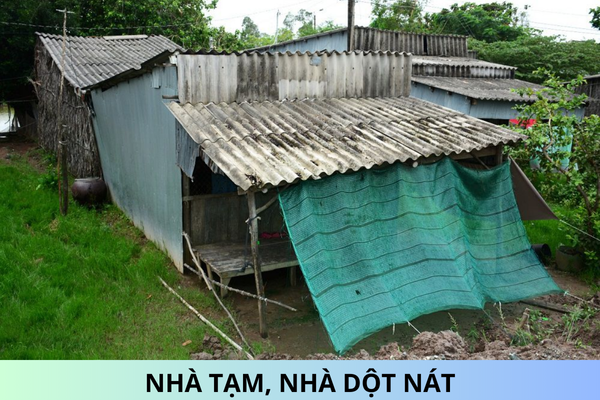Do I need a permit to change from land for rice cultivation to residential land in Vietnam?
Do I need a permit to change from land for rice cultivation to residential land in Vietnam? Which agency has right to allow individuals to change from land for rice cultivation to residential land in Vietnam?
Hello, let me ask you, I am 50 years old this year, I have a newly married son, he and his wife want to separate. However, at present, the house does not have residential land for the couple to build a house, only land for rice cultivation left by grandparents. Can I ask if do I need to get permission from the government to change from land for rice cultivation to residential land? Please advise. Thankyou.
Do I need a permit to change from land for rice cultivation to residential land in Vietnam?
In Article 57 of the 2013 Land Law, there are provisions on change of land use purpose as follows:
1. Cases in which change of land use purpose requires permission by competent state agencies:
a/ Change of land for rice cultivation to land for perennial crops, forests, aquaculture or salt production;
b/ Change of land for other annual crops to land for saltwater aquaculture, salt production or aquaculture in ponds, lakes or marshlands;
c/ Change of land for special-use forests, protection forests or production forests to land for other purposes within the type of agricultural land;
d/ Change of agricultural land to non-agricultural land;
e/ Change of non-agricultural land which is allocated by the State without land use levy to non-agricultural land which is allocated by the State with land use levy, or to leased land;
f/ Change of non-agricultural land which is not residential land to residential land;
g/ Change of land for construction of non-business facilities or land for public purposes involving commercial purpose, or non-agricultural land for business and production purposes which is not land for trading or services to land for trading or services; change of land for trading or services or land for construction of non-commercial facilities to land for non-agricultural production establishments.
2. When changing the land use purpose under Clause 1 of this Article, land users shall fulfill financial obligations as prescribed by law. The land use regime and the rights and obligations of land users are those applicable to the type of the land used for the new purpose.
In Clause 1, Clause 2, Article 10 of the 2013 Land Law, there are provisions on land classification as follows:
Depending on land use purpose, land is classified into the following types:
1. Agricultural land, including:
a/ Land for cultivation of annual crops, including paddy land and land for cultivation of other annual crops;
b/ Land for cultivation of perennial trees;
c/ Land for production forests;
d/ Land for protection forests;
e/ Land for special-use forests;
f/ Land for aquaculture;
g/ Land for salt production;
h/ Other agricultural land, including land used to build greenhouses and other building types for cultivation purpose, including fanning not directly on the land, or to build breeding facilities for cattle, poultry and other animals as permitted by law; land for cultivation, breeding and aquaculture for the purpose of learning, research or experimentation; land for planting and nursing seedlings and breeders, and land for growing flowers and ornamental plants.
2. Non-agricultural land, including:
a/ Residential land, including rural residential land and urban residential land;
b/ Land for construction of offices;
c/ Land for national defense or security purpose;
d/ Land for construction of non-business facilities, including land for construction of offices of non-business organizations; land for construction of cultural, social, health, education and training, physical training and sports, science and technology, and diplomatic facilities and other non-business facilities;
e/ Land for non-agricultural production and business, including land for industrial parks, industrial clusters, export processing zones; land for trading and service; land of non-agricultural production establishments; land used for mining activities; and land for production of building materials, and pottery;
f/ Land used for public purposes, including land used for transport (including airports, airfields, inland waterway ports, maritime ports, rail system, road system and other transport facilities); irrigation; land with historical-cultural relics or scenic spots; land for community activities or public entertainment and recreation; land for energy facilities; land for post and telecommunications facilities; land for markets; land for waste dumping and treatment, and land for other public facilities;
g/ Land used by religious institutions;
h/ Land used for cemeteries, graveyards, funeral service centers and cremation centers; i/ Land with rivers, streams, canals, springs and special-use water surface;
k/ Other non-agricultural land, including land for motels, tents and camps for workers in production establishments; land for warehouses and houses to store agricultural products, plant protection drugs, fertilizers, machinery and tools for agricultural use, and land for other buildings of land users which are used for non-commercial purposes and not attached to residential land.
According to this Article, land for rice cultivation is considered agricultural land, residential land is considered non-agricultural land in Vietnam. In case of conversion from agricultural land to non-agricultural land, the permission of the competent state agency must be obtained.

Which agency has right to allow individuals to change from land for rice cultivation to residential land in Vietnam?
Clause 2, Article 59 of the 2013 Land Law stipulates competence to allocate, lease land and approve change of land use purpose as follows:
2. District-level People’s Committees may decide on the allocation or lease of land, and permit change of land use purpose in the following cases:
a/ Allocation or lease of land to, and permission of change of land use purpose for, households and individuals. If these subjects wish to lease or use agricultural land with an area of 0.5 ha or more for trading and service purposes, written approval from the provincial-level People’s Committee is required before the district-level People’s Committee makes decision;
b/ Allocation of land to communities.
Thus, the district-level People’s Committee will have the authority to allow individuals to switch from land for rice cultivation to residential land in Vietnam.
Best Regards!










